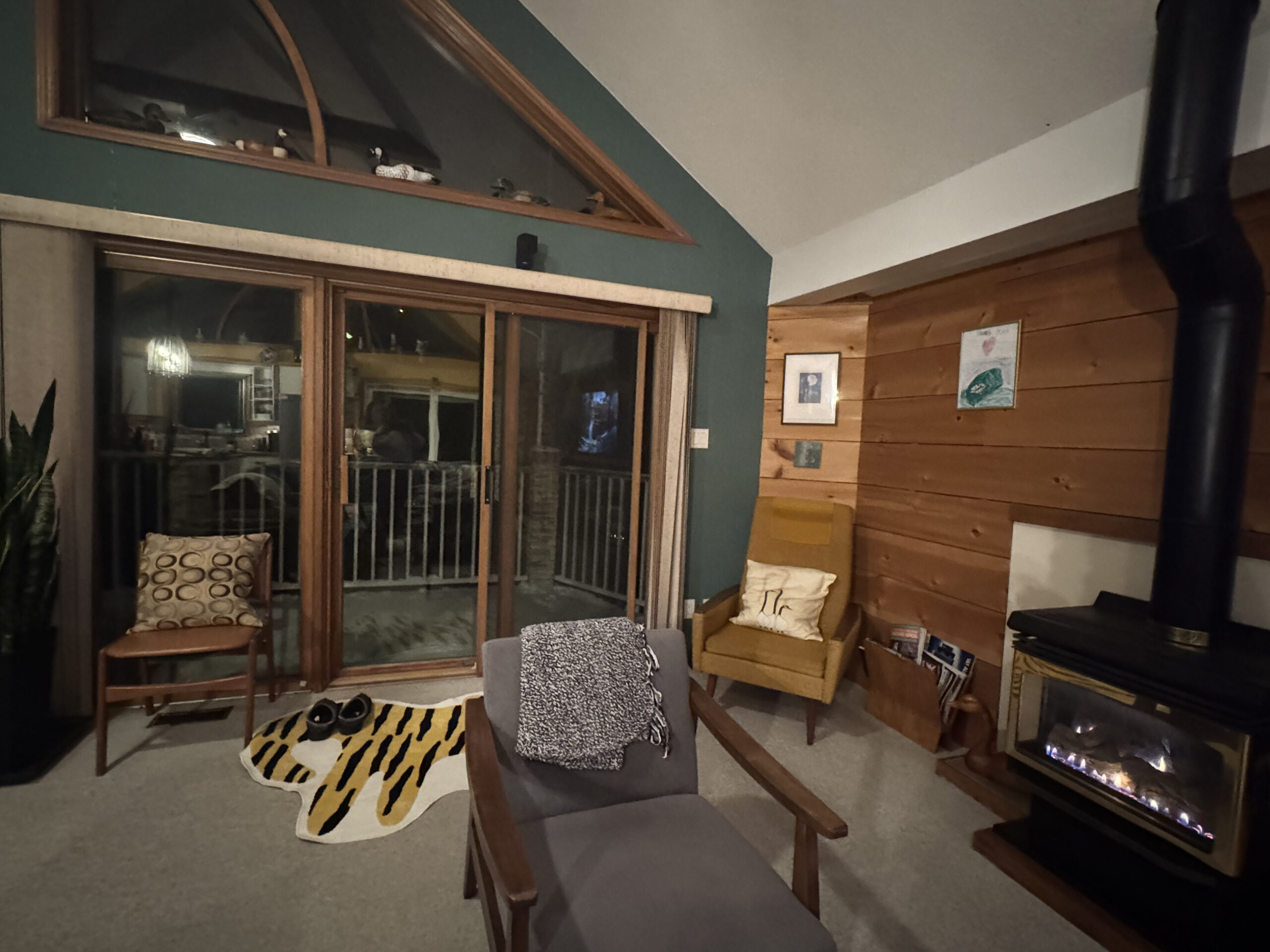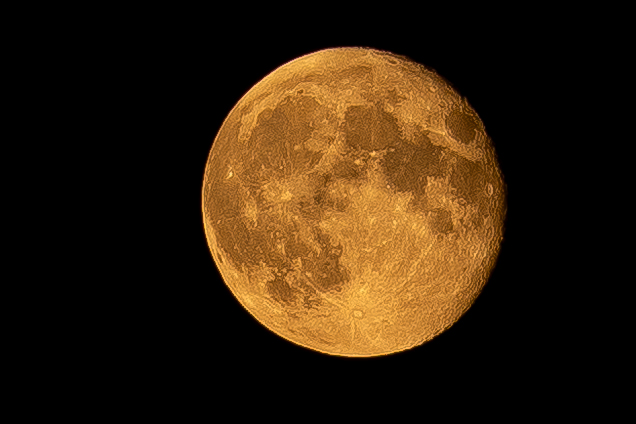
About a month ago, I was talking to a friend about karma. There was a time in my life when I genuinely felt like I was karma. Something would happen to someone who had wronged me, and then, almost miraculously, something unfortunate would happen to them soon after. It wasn’t just once — it kept happening again and again.
I’ll admit, it terrified me. I’ve never wished harm on anyone, even those who hurt me. So when these coincidences unfolded, it left me uneasy — questioning if I was somehow connected to this invisible force of consequence. But with time, I came to realize I wasn’t karma. What I witnessed wasn’t something I caused; it was life’s natural balance at play. And in truth, whatever karma visited those who had harmed me likely extended far beyond anything I could ever imagine or deserve to see.
Karma, derived from the Sanskrit word karman, means “action,” “deed,” or “work.” Its roots lie in ancient Indian philosophy — particularly Hinduism, later embraced by Buddhism, Jainism, and Sikhism. At its heart, karma isn’t about punishment or revenge; it’s about the law of cause and effect. Every action, thought, or intention sends energy into the world, and in time, that energy finds its way back to us — for better or worse.
In simpler terms: what we put out, we eventually receive. Not always immediately, not always visibly, but inevitably.
Everyday Karma
Karma doesn’t always show up as dramatic or cosmic. Sometimes it’s subtle — a quiet whisper that balance is being restored.
The co-worker who spread gossip about everyone suddenly finds themselves isolated, wondering why no one confides in them anymore.
The friend who constantly takes but rarely gives realizes, one day, that people have stopped showing up when they need help.
The person who lied to gain trust eventually discovers that no one believes them anymore — even when they’re telling the truth.
And then there’s the flip side — the quiet helper who expects nothing in return but finds doors opening effortlessly, or the person who forgives instead of retaliating and suddenly feels peace where anger once lived.
I’ve seen both sides. I’ve seen people tear families apart and keep dark secrets hidden. I’ve seen them protect the one who was suffering from the dark secrets and addiction — enabling, covering, pretending — only to end up with a very similar disease that consumed him since childhood.
And I’ve lived it, too. Someone once said something to me that was inexcusable — words that cut deep and couldn’t be taken back. People encouraged me for a long time to close that door, and eventually, I did. Not out of spite, but out of self-protection. Not long after, that same person was overcome by chronic pain and a long-term addiction to hydromorphone. It wasn’t something I celebrated or even understood at the time — it was heartbreaking to watch. But it reminded me that life has its own way of balancing energy. Karma doesn’t need our interference. It doesn’t ask us to wish harm or hope for justice. It simply moves, quietly and inevitably, through the spaces we leave behind.
And then there was my ex-husband — a man who blindsided me with betrayal, tore apart the life we had built, and called me names to anyone who would listen. For years, I tried to make sense of the pain he caused and the way he left things broken. But life has a way of closing its own circles. He passed away on what would have been our wedding anniversary — a moment that was surreal, heavy, and strange all at once. I didn’t feel vindicated. I felt still and sad. As if the universe was whispering, “See, you were never in control. You never had to be.”
The Energy We Carry
Energy is at the core of karma — it’s what binds our actions to their outcomes. Every thought, word, and decision carries a frequency. When we act out of love, empathy, or honesty, we release high, light energy into the world. It connects, heals, and attracts more of the same. But when we act from anger, jealousy, or deceit, that energy weighs heavy — and it eventually circles back, often in the form of frustration, loss, or loneliness.
Energy doesn’t disappear; it transfers. The harsh words we speak linger in someone else’s heart, and the kindness we give becomes someone’s moment of hope. The energy we hold toward others — even silently — shapes the quality of our own lives. If we walk around replaying pain, resentment, or blame, that vibration colours everything we experience. But when we release it, we make space for better things to flow in — new people, new peace, new beginnings.
Understanding this has changed the way I move through life. I’ve come to see that the most powerful kind of karma isn’t external — it’s internal. It’s the quiet peace that comes when I choose integrity over reaction. It’s the way my body softens when I forgive. It’s the calm that settles in when I stop trying to control someone else’s outcome and focus instead on keeping my own energy clear.
I’ve also learned that the company I keep matters. When I step away from judgmental people, I can think and feel freely. I judge less and I can see that their opinions often come from their own insecurities, not from truth. Surrounding myself with that kind of energy only hardens the heart and breeds mistrust — and I refuse to let that energy shape who I am or how I love.
Karma, in that sense, isn’t about them at all. It’s about me.
Karmic Lessons
When my friend and I finished that conversation about karma, I told them that revenge is never the answer. When someone does you wrong, reacting with anger or bitterness only keeps you tied to the pain. As much as I never wanted to believe in karma, it always happens — in its own time and in its own way.
I’ve learned that I don’t need to be in the passenger seat cheering it on. Because the moment you do, karma shifts its gaze and reminds you that you’re not immune either. My role isn’t to witness someone else’s downfall — it’s to keep my energy clean, stay grounded, and move forward with peace. Karma will take care of the rest.
















